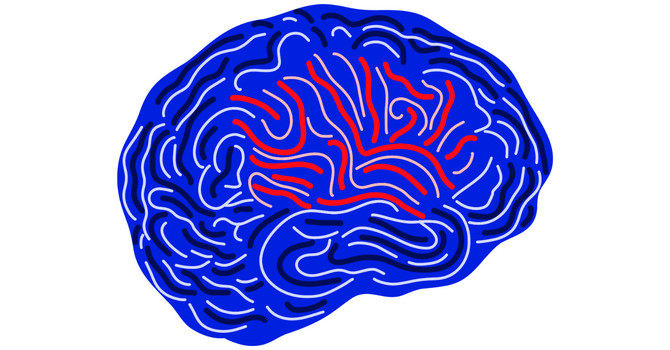
What is the AIP Diet?
The Autoimmune Protocol (AIP) diet is a specialized version of the Paleo diet designed to reduce inflammation, heal the gut, and manage symptoms in individuals with autoimmune diseases. This dietary approach focuses on eliminating potential dietary triggers that may contribute to autoimmune responses and gradually reintroducing them to identify specific sensitivities.
How Does the AIP Diet Work?
The AIP diet works in several phases:
Elimination Phase: This initial phase involves removing foods that are known to be inflammatory or that can trigger autoimmune reactions. These include grains, legumes, dairy, processed foods, refined sugars, industrial seed oils, eggs, nuts, seeds, nightshade vegetables (like tomatoes, peppers, eggplants, and potatoes), and food additives.
Healing Phase: During this phase, the focus is on consuming nutrient-dense, anti-inflammatory foods that support gut health and overall wellness. These foods include:
- High-quality meats and fish
- Bone broth
- Organ meats
- Fermented foods (like sauerkraut and kimchi)
- Vegetables (except nightshades)
- Healthy fats (like coconut oil, olive oil, and avocado)
- Fruits in moderation
Reintroduction Phase: After a period of strict elimination (usually 30-90 days), foods are slowly reintroduced one at a time while monitoring for any adverse reactions. This helps identify specific food sensitivities and create a more personalized diet plan.
Maintenance Phase: Based on the reintroduction results, individuals can maintain a customized diet that avoids their specific triggers while including a wider variety of tolerated foods.
Who Benefits from the AIP Diet?
The AIP diet is particularly beneficial for individuals with autoimmune diseases, including:
Rheumatoid Arthritis
Hashimoto’s Thyroiditis
Lupus
Multiple Sclerosis
Inflammatory Bowel Disease (IBD)
The AIP principles of reducing inflammation and promoting gut health can benefit a broader range of conditions. Some non-autoimmune conditions that may benefit from the AIP diet include:
Autism Spectrum Disorder (ASD)
Attention Deficit Hyperactivity Disorder (ADHD)
Chronic Fatigue Syndrome (CFS)
Irritable Bowel Syndrome (IBS)
Eczema and Psoriasis
Migraines and Chronic Headaches
Mental Health Conditions
Why Try the AIP Diet?
Symptom Management: By identifying and eliminating dietary triggers, individuals may experience reduced inflammation and improved symptoms.
Gut Health: The diet supports gut healing, which is crucial since many autoimmune conditions are linked to gut permeability.
Personalized Nutrition: The reintroduction phase allows for a customized approach to diet, identifying specific food sensitivities.
Tips for Success on the AIP Diet
1. Meal Planning: Plan meals in advance to ensure you have AIP-compliant foods readily available.
2. Food Journaling: Keep a detailed food journal to track your diet and any symptoms, especially during the reintroduction phase.
3. Support System: Connect with others following the AIP diet through online communities or local support groups for encouragement and recipe ideas.
4. Professional Guidance: Work with a healthcare provider or nutritionist knowledgeable about the AIP diet to ensure nutritional adequacy and monitor health progress.
The AIP diet offers a structured approach to managing autoimmune diseases through dietary changes that reduce inflammation and support gut health. While it requires commitment and careful monitoring, many individuals find significant relief from their symptoms and an improved quality of life. By identifying and eliminating specific food triggers, the AIP diet provides a pathway to personalized, sustainable nutrition for those living with autoimmune conditions.
Ready to start?! Follow our instagram as we go on the AIP diet for 30 days!

Waldo Amadeo
Contact Me



